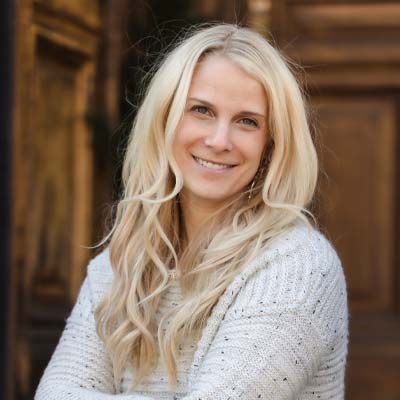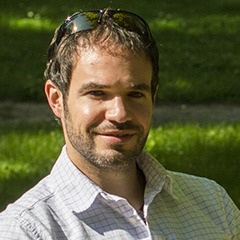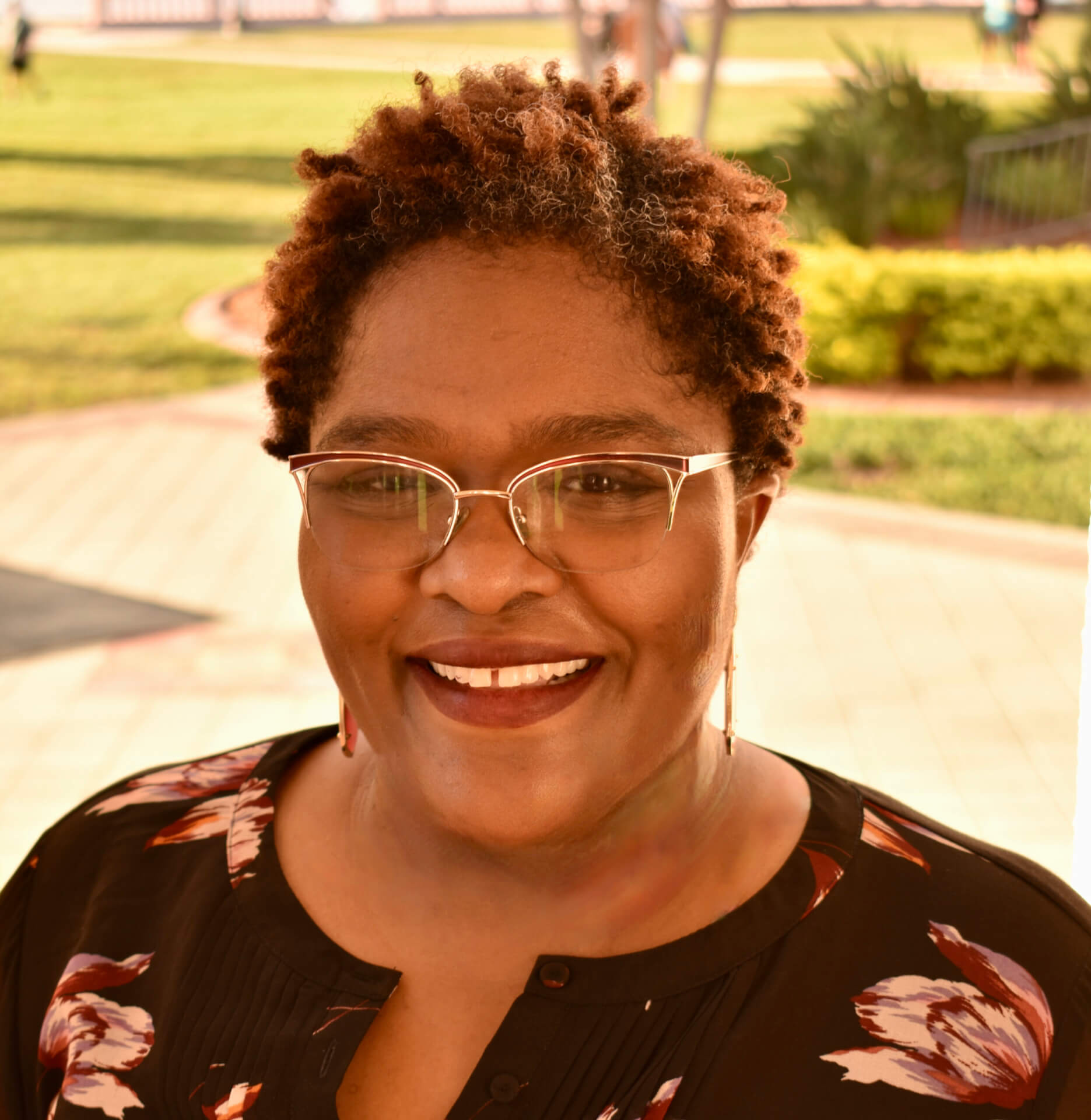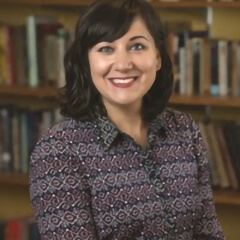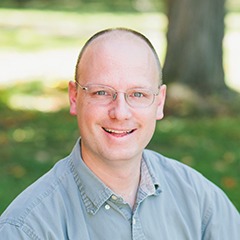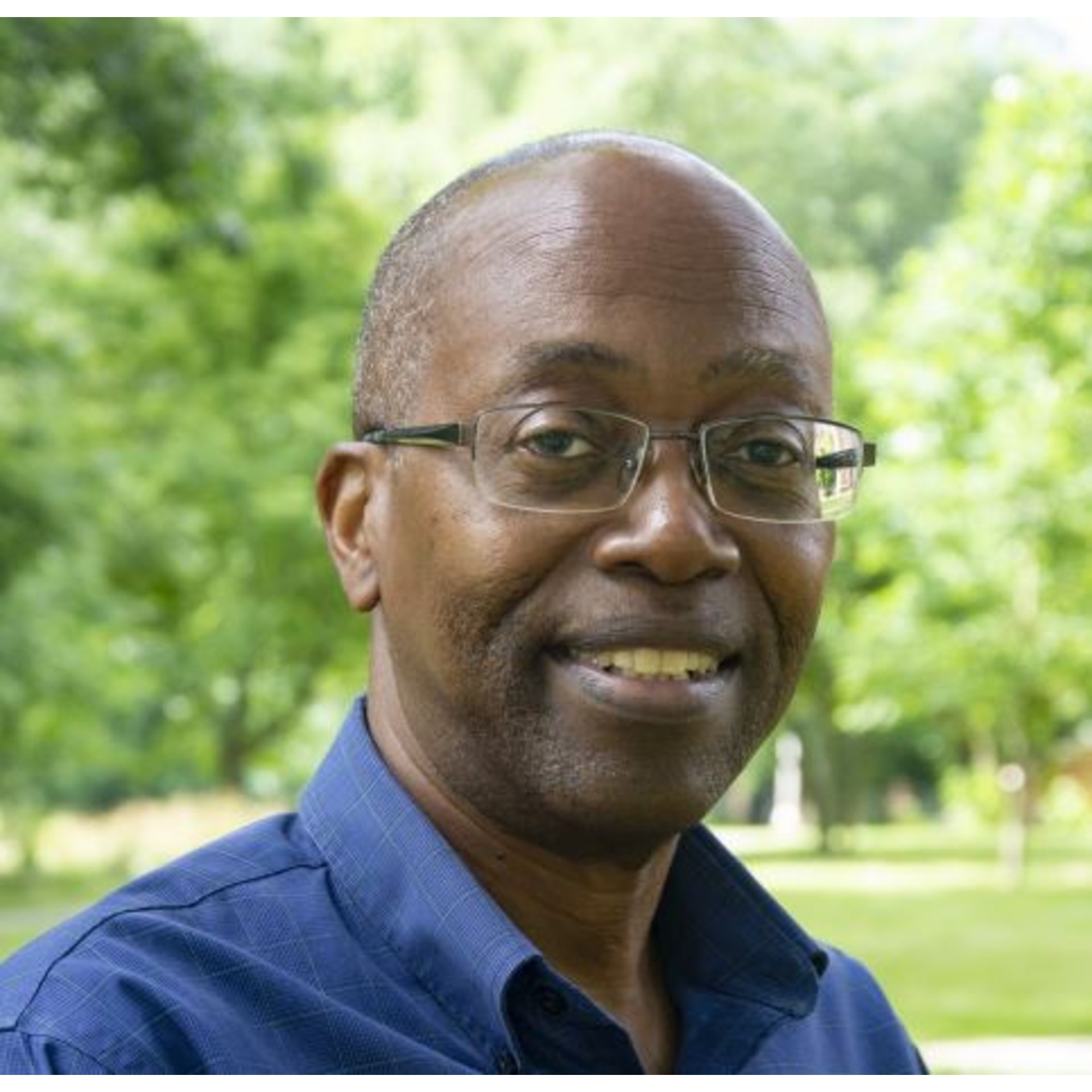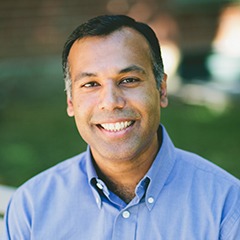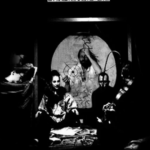Pre-Legal Studies
Did you know that the American Bar Association does not recommend any undergraduate majors or group of courses to prepare for a legal education?
Students are admitted to law school from almost every academic discipline. At Antioch College, students preparing for law school may choose to study an interdisciplinary academic focus that enables them to develop their knowledge and skills in the areas of problem-solving, critical thinking, written communication, oral communication, research methodologies. Students also have the option of designing their own major that incorporates academic disciplines considered to be traditional preparation for law school, such as history, philosophy, or political economy. Whatever academic pathway you select, you are encouraged to engage with areas of study that interest and challenge you, take difficult courses from demanding instructors, and pursue cooperative education experiences in the legal field.
Who is this for?
All students preparing for law school are supported by a pre-professional faculty advising team that helps them in all phases of their pre-legal education – from course selection, through finding best-fit law schools, to the application process. Students are also encouraged to take an LSAT preparation course offered yearly by pre-law faculty advisors.
Designing Your Major
Students interested in preparing for law school are advised to take a wide range of courses and choose Cooperative Education field experiences that would help them to develop their skills, values, knowledge in the areas of problem-solving, critical reading, writing and editing, oral communication and listening, research, organization and management, public service and promotion of justice, relationship-building and collaboration, and exposure to the law.
Some Options in the Curriculum
Anthropology
- ANTH 220 Race and Racism
- ANTH 235 Rhetoric, Resistance, and Repression
- ANTH 320 Anthropology of Incarceration
- ANTH 330 Politics, Ethnicity, and Nationalism
English Composition
History
- HIST 220 U. S. History I, from the Colonial Period to 1877
- HIST 221 U. S. History II, 1877 to the Present
- HIST 225 World History I, to 1500
- HIST 226 World History II, from 1500 to the Present
- HIST 250 The Construction of Race and Ethnicity in North America
Literature
Philosophy
Mathematics
- MATH 102 Explorations in Mathematics and Quantitative Reasoning
- MATH 105 Introduction to Statistics
- MATH 151 Precalculus
- MATH 155 Calculus I
- MATH 160 Calculus II
- MATH 205 Intermediate Statistics
Political Economy
- PECO 105 Foundations of Political Economy
- PECO 110 Principles of Economics
- PECO 175 U. S. Foreign Policy: The American Empire
- PECO 210 U. S. Political System
- PECO 220 Intermediate Micro and Macroeconomic Theory
- PECO 260 Political Economy of Technology
- PECO 270 Political Economic Theory
- PECO 280 Capitalism I: Globalization and Development
- PECO 285 Capitalism II: Capital in the Digital Age
- PECO 290 International Relations Theory
- PECO 320 Labor Economics
- PECO 330 Political Economy of Race and Gender
- PECO 350 Public Policy
- PECO 360 Comparative Political Economy
- PECO 385 Capitalism III: Transnational Corporations
Psychology
Request Information
Cooperative Education Field Placements
In the past, students have participated in Co-ops around the country and abroad. Here are a few examples:
- Chris Chavers ’22 worked in communications and development at the Transgender Law Center in Oakland, CA. His work included using TLC’s social media platforms to communicate various messages incorporating their efforts for the survival of trans lives and magnifying the voices of trans people of color.
- As multidisciplinary intern at RAICES (Refugee and Immigrant Center for Education and Legal Services), located in Houston, Texas, Kensy Zelaya Sabillon ’22 worked directly with attorneys and legal assistants, as well as engaged in outreach to the Houston community
- Anna Samake ’19 worked as an executive intern for Black Alliance for Just Immigration (BAJI), a nonprofit organization dedicated to the education and engagement of African American and black immigrant communities in order to help them organize and advocate for racial, social. She assisted Opal Tometi, director of BAJI, in meetings and research, working closely on a new project called, “Migration within African countries.”
- For her third Co-op, Michelle Fujii ’18 went to Nagasaki, Japan. She volunteered as a Foreign Affairs Aide at Nagasaki University’s Research Center for Nuclear Weapons Abolition (RECNA), is a research center that works toward realizing a world without nuclear weapons, through academic research, policy recommendations, and information dissemination. Her work included translating documents both ways between English and Japanese, helping with other English-related activities, and assisting RECNA in hosting events and conferences.
Faculty
Recent News
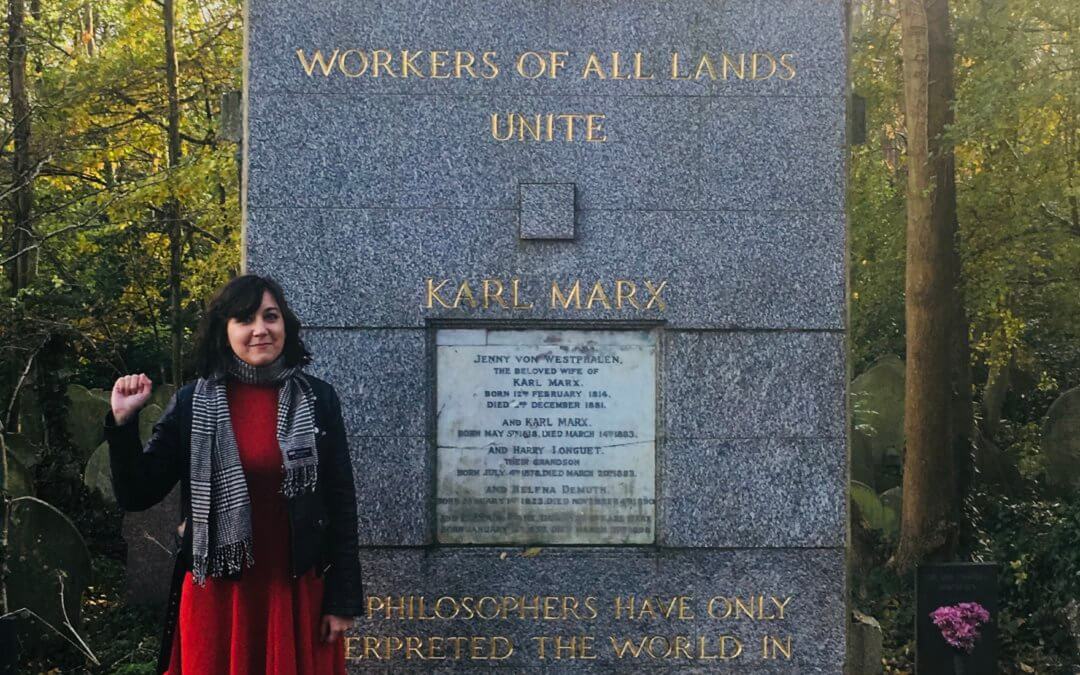
DEEP KRITIK with Dr. NATALIE SUZELIS, Assistant Professor of Literature
Interview by Matt Walker '04. Natalie Suzelis is an Assistant Professor of Literature at Antioch College. She holds a Ph.D. in Literary and Cultural Studies from Carnegie Mellon University, where she was a Schaffer and A. W. Mellon fellow. Her research synthesizes...
Gabby Loomis-Amrhein ’17 Debut Book Release
Gabby Loomis-Amrhein ’17 has had her first book, evening primroses, a book of poetry, published by Recenter Press.
Catalina Alvarez and Liz Flyntz ’02 Leading Spring Guest Workshop
April 7 – May 5, 2021, Assistant Professor of Media Arts Catalina Jordan Alvarez and Liz Flyntz ’02 (artist, curator, writer and digital experience designer) will be leading a guest workshop, “The Collaboration Agreement: Designing for Creative Conflict and Consent” at The School of Making Thinking, which will consist of five workshop sessions taught on Wednesdays from 7-9pm EST.
Perri Freeman ’15 Reelected to Burlington City Council
Perri Freeman ’15 runs on a platform to fight for issues of economic, social, and environmental justice in reelection bid for Burlington City Council

